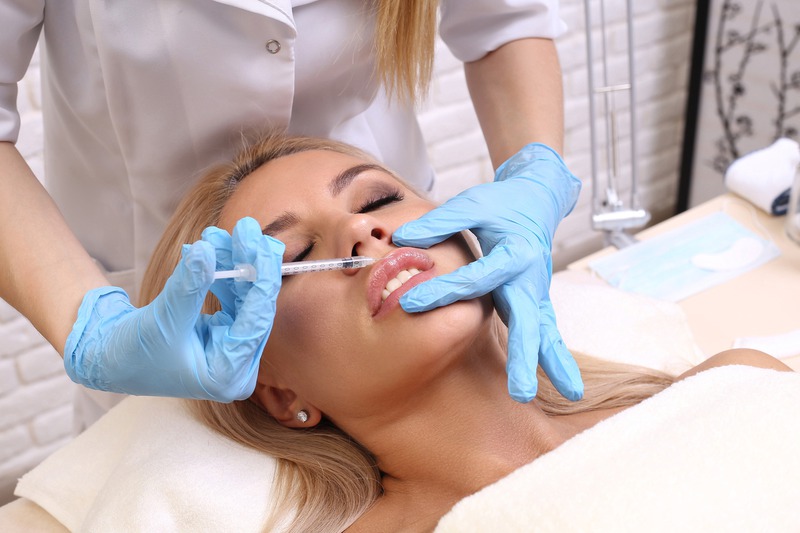Sleep apnea is a sleep disorder that affects millions of people worldwide. Its impacts go beyond disturbing your sleep; it comes with various health risks that, if not addressed, can significantly affect your overall wellness. So, let’s chat about what sleep apnea is, its potential health implications, and why it’s so important to seek treatment early on.
What is Sleep Apnea
Sleep apnea is a condition in which breathing is repeatedly interrupted during sleep. These pauses in breathing can last for a few seconds to a minute and can occur multiple times throughout the night. The most common type, obstructive sleep apnea, happens when the throat muscles intermittently relax and block the airway. There’s also central and complex sleep apnea syndrome, which are less common.
Common Symptoms to Watch Out For
-
Excessive daytime sleepiness
-
Loud snoring
-
Episodes of stopped breathing during sleep
-
Gasping for air during sleep
-
Morning headache
-
Difficulty staying asleep or insomnia
-
Irritability
Many people don’t recognize these symptoms in themselves, and often, it’s a bed partner who first notices the issue.
Health Risks Associated with Sleep Apnea
1. Cardiovascular Problems
One of the most serious health risks linked with sleep apnea is its effect on the cardiovascular system. Repeated episodes of low oxygen levels during sleep increase blood pressure and strain on the cardiovascular system. This elevates the risk of hypertension, heart attacks, stroke, and irregular heartbeats.
2. Type 2 Diabetes
Studies show that sleep apnea is common with type 2 diabetes. The fluctuation in oxygen levels during sleep can affect the body’s insulin resistance, thus contributing to this condition.
3. Liver Complications
People with sleep apnea can have abnormal results on liver function tests, and their livers are more likely to show signs of scarring.
4. Sleep-Deprived Partners
If you’re snoring loudly enough to wake up your partner, your sleep apnea isn’t just affecting you — it’s affecting them too. They may experience sleep disturbances that lead to their own health issues over time.
5. Cognitive Health Woes
Continuous sleep deprivation due to sleep apnea may also impair cognitive function, negatively impacting concentration, alertness, and memory.
Why Early Treatment is a Game-Changer
The benefits of seeking treatment for sleep apnea early are manifold. It can help you gain control over the associated health risks and drastically enhance your quality of life.
1. Enhanced Sleep Quality
Sleep aids in body repair, brain function, and emotional well-being. Treating sleep apnea can restore the quality of sleep, making nights more restful and days more energizing.
2. Lowering Health Risks
Addressing sleep apnea can significantly lower the risks of having cardiovascular problems and other co-morbid conditions. It gives your heart a break from the stress of interrupted sleep.
3. Improved Relationships
Addressing your sleep apnea not only restores sound sleep but could also save your relationships from the stress and irritation caused by nightly disturbances.
Various Treatment Options Available
The treatment for sleep apnea depends on its severity and the patient’s specific needs. Here are some typical options:
1. Continuous Positive Airway Pressure (CPAP) Therapy
The most common treatment is CPAP therapy, which uses a machine to keep your airway open during sleep by providing a constant stream of air through a mask worn over the nose or mouth.
2. Other Treatment Options
Many people explore alternatives to CPAP therapy. One effective method to stop snoring without CPAP is adopting lifestyle changes such as losing weight, avoiding alcohol, or changing sleep positions. Other options include oral appliances that reposition the jaw and tongue to keep the airway open.
3. Surgical Options
For some, surgery might be recommended to correct structural problems with the airway. Procedures include tissue removal, tissue shrinkage, or implants. One specific type of procedure is nasal surgery to stop snoring, which can correct nasal problems contributing to sleep apnea.
How to Seek Professional Help
If you suspect you might have sleep apnea, it’s crucial to reach out for professional diagnosis and treatment. You can talk to your primary care doctor or be referred to a sleep specialist. Getting evaluated and treated by a professional sleep apnea doctor ensures you receive a personalized treatment plan tailored to your needs.
Lifestyle Changes That Can Make a Difference
In addition to medical treatments, some lifestyle changes can help manage sleep apnea. These include:
-
Maintaining a healthy weight as it helps decrease the constriction of the throat.
-
Avoiding alcohol and medications that relax the muscles in the throat.
-
Sleeping on your side instead of your back to prevent gravity from collapsing the airway.
-
Keeping nasal passages open at night using medications or breathing strips.
Sleep Apnea and Daily Life
Living with untreated sleep apnea is like hitting the pause button repeatedly on life. You might notice you’re feeling less energized, motivated, and focused. Small tasks can feel monumental when you’re constantly exhausted. The overlooked moments of deep sleep loss accumulate over time, leading to heightened stress and anxiety.
Reviving Your Well-Being
Seeing the transformation in someone who has finally addressed their sleep apnea is incredible. They often describe feeling like a fog has lifted, bringing new energy to every aspect of their life, from work commitments to social engagements.
Final Thoughts
If you have sleep apnea, you don’t have to endure its effects alone. Early treatment is not just proactive but essential in preventing the myriad health risks associated with the condition. Prioritizing your sleep health is as crucial as caring for any other aspect of your well-being. So reach out, get the support you need, and reclaim those restful nights.





